Pink Eye: Causes And How to Treat It
Just like every other morning, your child wakes up and gets ready for school. They come down for breakfast complaining their eyes are itchy and you take a closer look.
Sure enough, your child’s eyes are watering and red, symptoms of pink eye. Your son or daughter certainly won’t be going to school today and you’ll have to find someone to watch your child at the last minute if you work outside the home.
It’s during these moments that you as a mom are wondering what caused this and what’s the best way to treat it. Here’s everything you need to know about the pink eye, from the symptoms, causes and how you need to take care of it.
The correct medical term for pink eye is conjunctivitis, an inflammation in the conjunctiva. The conjunctiva is a clear tissue that rests over the white part of our eyes, lining the inside of the eyelid.
Children are notorious for catching pink eye because of the exposure and rapid spread in schools and daycares. As long as it is treated quickly, there should be no long-term effects from pink eye and it proves to be fairly harmless.
Related: 35 OTC Medications You Should Store
Symptoms of Pink Eye
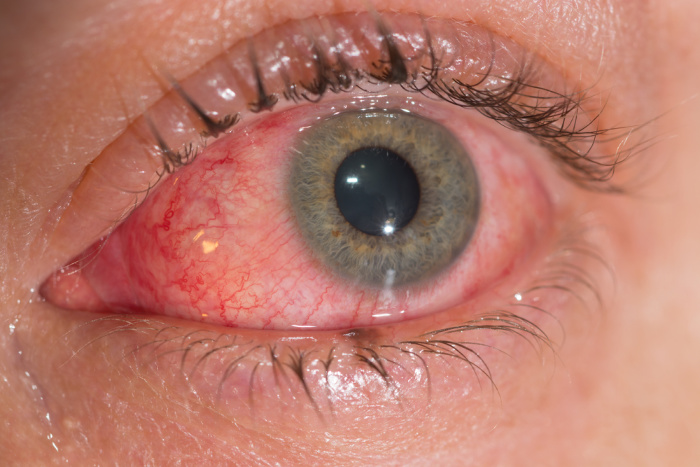
There’s a number of symptoms that you could be experiencing that are due to pink eye. These include watery eyes, redness in the white part of your eye, itching or burning eyes, sensitive to light, blurred vision, or even a yellow discharge on your eyelashes when you wake up.
During a viral infection of pink eye, you might experience swollen lymph nodes as well.
Causes of Pink Eye
Pink eye can be caused by a variety of different factors. Below you will learn how someone can contract it.
Viruses
Pink eye can be caused by a bacteria or a virus that may have been picked up. Viral pink eye is the most common type of pink eye. Many of these viruses are the ones that cause your typical cold, sore throat, or respiratory infection.
Allergies
Pink eye can also be caused by an allergic reaction to things like pollen, smoke, dust, makeup, or animal fur. Seasonal allergies could also be the culprit.
Fungi
Fungal infections are extremely rare but can be very harmful to your eyesight, affecting other areas of your eye. This type of pink eye can be caused by an eye injury from a stick, thorn, or other plant material.
Irritants
Sometimes pink eye is no more than an irritation that was caused by shampoos, pool chlorine, smoke, or dirt. If you wear contacts and they haven’t been properly cleaned, this can cause your eyes to become extremely red and watery.
You may have eye drops that your eyes don’t agree with. Time to consider which contact lenses are the best to use and how to best protect your eyes with the right kind of drops.
STD
If you’re an adult and have caught a pink eye infection, it may be due to sexually transmitted diseases. Although rare, Chlamydia and gonorrhea can be dangerous forms of conjunctivitis that can cause vision loss if left untreated.
Pink Eye with Infants
If your newborn baby has a case of pink eye, tell your doctor immediately. Pink eye in newborns can be an infection that has a lifelong impact on your baby’s vision.
Treatment for Pink Eye
Below you will learn different treatments for pink eye based on whether it is a virus, bacteria, irritant, or allergy that has caused it.
Virus
This form of pink eye is just like your common cold and will take around 4 to 7 days before it goes away. Antibiotics will not help with pink eye that is caused by a virus.
However, tear drops may help relieve the itching. This type of pink eye is very contagious, so do your best to prevent it from spreading through coughing or sneezing. Washing our hands often is critical.
Bacteria
For a bacterial infection, you will need to apply eye drops, and may need to take pills as well. You’ll need to apply eye drops between 3 and 4 times a day for 5 to 7 days.
If you are prescribed medication by a doctor, be sure to follow through taking them, even if the symptoms have gone away.
Irritants
If your eyes are red due to an irritant, the best thing you can do is to flush your eyes out with water for around 5 minutes. Within a matter of 4 hours you should notice a difference.
Allergies
Taking antihistamines, by drops or taken orally, can help you with relief. Check with your doctor if you believe your pink eye may be due to allergies.
Don’t take antihistamines orally if you are experiencing dry eyes, as this will only make them drier. Your doctor may have to prescribe a different medication to help.
Other Methods That Help Pink Eye
Good hygiene is extremely important when you have pink eye. Make sure that you keep your hands clean with soap and warm water after you’ve touched your face.
It’s also important to keep your eyes clean by washing away any discharge that may be present. Keep yourself from rubbing your eyes and don’t overuse eye drops, that can make your eyes redder.
You may even want to consider washing your pillowcases in hot water every day until the infection is gone.
When to Call Your Doctor
Here are a few examples of when you should call your doctor concerning your pink eye. If you are unable to open your eyes in the morning or have pain looking into bright light.
If there’s a yellow or green discharge that’s coming from your eye or notice that you have impaired vision, you need to call your doctor.
Should I Go to Work or School with Pink Eye?
Although frustrating to miss a day of work or school, it’s best that you stay home until the infection is gone. Especially if it’s a viral pink eye, that will easily spread if you share a computer, desk, or other equipment with others.
These are several causes and symptoms of pink eye and ways that you can treat it. Just remember to keep your hands clean, and away from your face.
Final Word
Does this help you with figuring out what may have caused pink eye to a member in your family and having a method for treating it?
Has anyone in your family ever had a serious case of pink eye? Make sure you wash your hands a lot. May God bless this world, Linda
Prepare Your Family For Survival
Medical Handbook I Recommend You Have
Copyright Image: Depositphotos_317309923_s-2019
Copyright Images: Depositphotos_52489985_s-2019

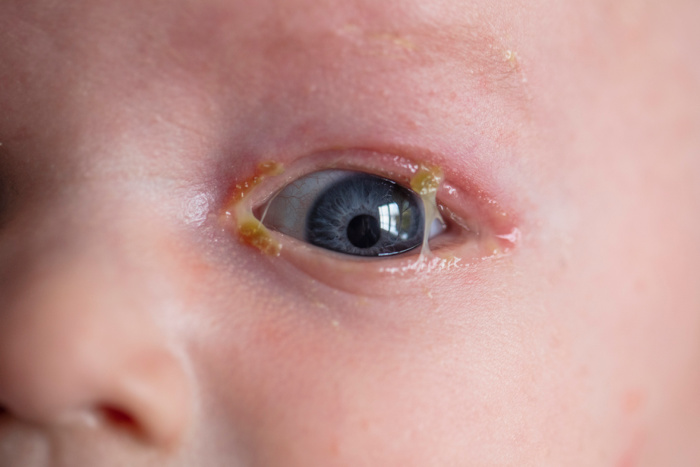

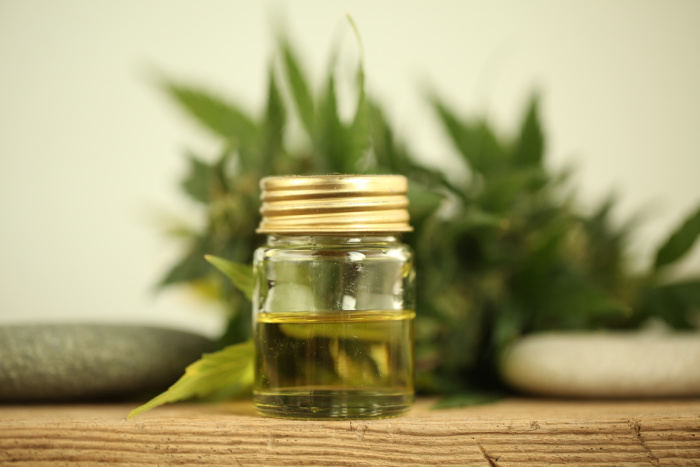
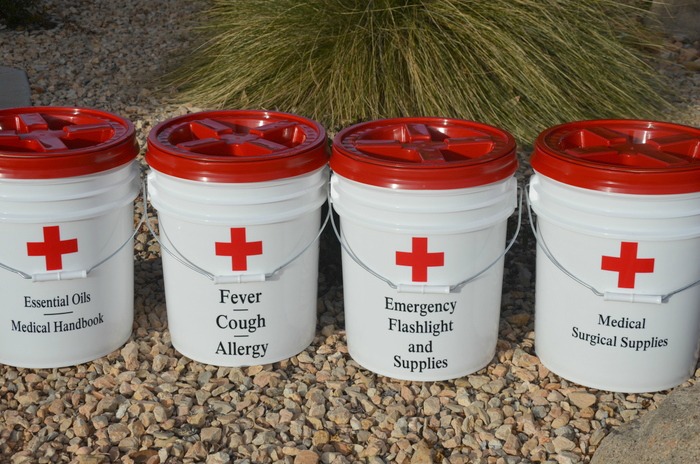
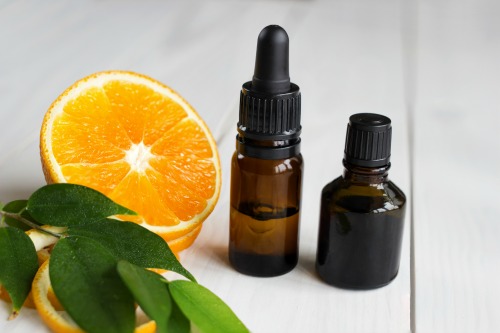

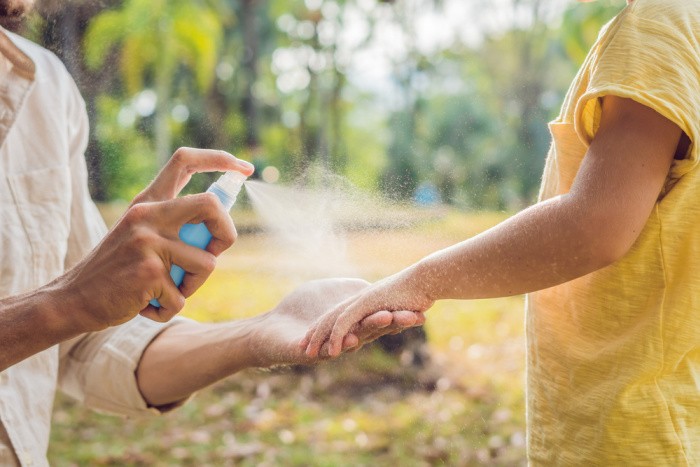



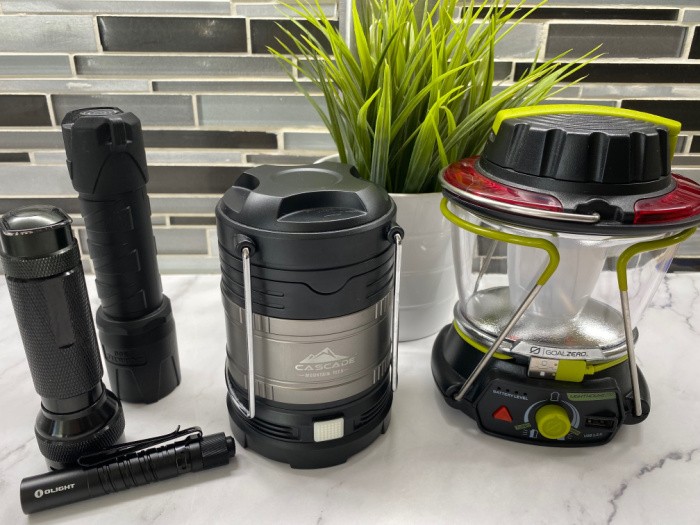
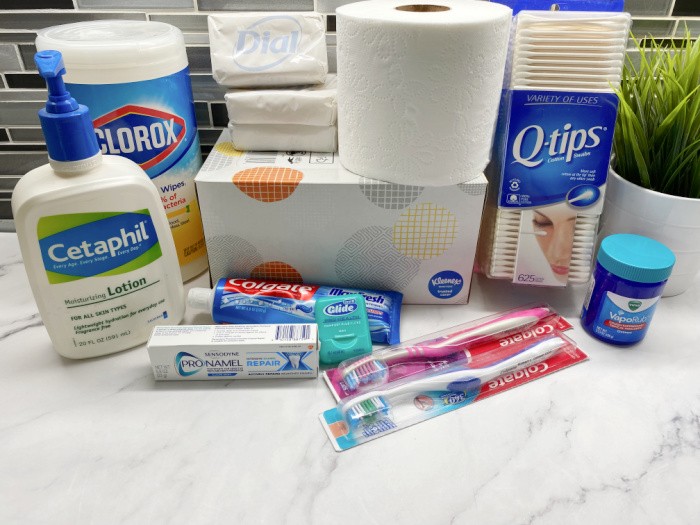
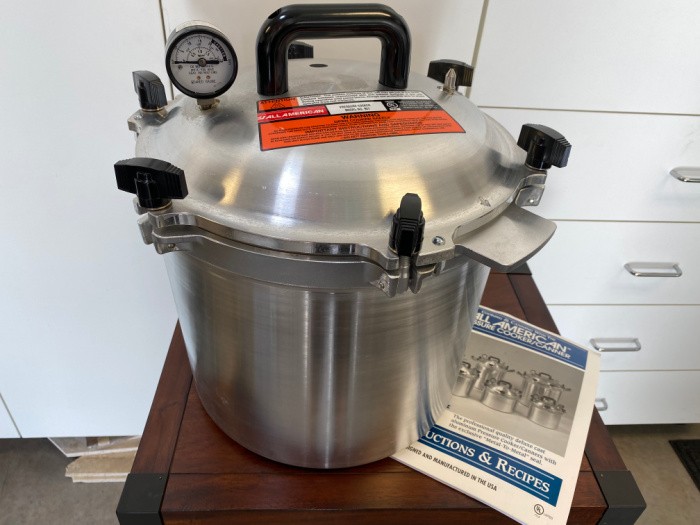









Hmm… I’ll have to go look something up.
Pink-eye is about as common in animals as in people. I remember reading something in one of Joel Salatin’s books regarding cattle–when he began using a kelp or seaweed supplement in the feed, pink-eye in his beef herd virtually disappeared. As it happens, I have used such a supplement (“Source”) with my horses for decades now, and have never had a case of (non-injury) pink-eye in that time. I wonder if anything like that would work with people? If I can locate which book it’s in, I’ll post it.
(If you haven’t read any of Salatin’s books, DO. They are honest, funny, heartfelt… The earlier ones were more how-to books on raising beef and chickens, but others are about the natural and regenerative ways to grow our food and treat our animals and land, and the often disgusting ways used by factory farms and promoted by government–and how any consumer can decide which to support. He also has a blog. “The Lunatic Farmer.” Never met him–but I admire and love the guy!)
Hi Rhonda, oh my gosh I love Joel Salatin, he’s been on some great documentaries on Netflix as well. If we could all raise animals the way he does we would be so much healthier. I will have to look it up as well about Pink-eye. I have had 2 neighbors call me in the last month about Pink-eye so I decided to write about it. I will have to follow his blog, thank you!!! Linda
Did you see that his Polyface Farm is the site for the July Mother Earth News Fair? I was planning to go, until my poor DH had his stroke this summer… Probably not a good idea for us now. Oh well. Wasn’t meant to be, probably would have been haying then anyway!
Hi Rhonda, wow, that would be so awesome! Linda
We have used colloidal silver with successful results.
Hi Janet, me too!! I love it! Great reminder! Linda
A wonderful soothing eye wash can be made from pure lavender essential oil and distilled water. I use 1-2 drops of lavender in 2 oz. of distilled water, keep in a container in the bathroom and use as needed. Wonderful for itchy eyes, does not burn or sting as many of the commercial eye products do.
I have also used this on my horse, goats, dogs and cats when they get scummy eyes or have any eye discharge. Many essential oils are antibacterial and antiviral.
HI BDN, oh I love this comment! Great tip and a great reminder to use essential oils whenever possible. Love it! Linda